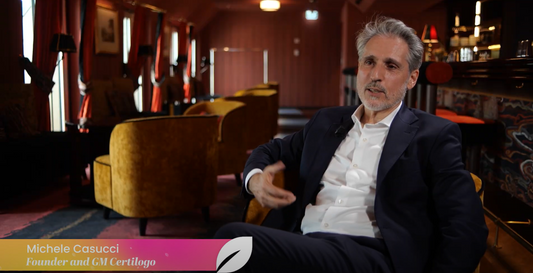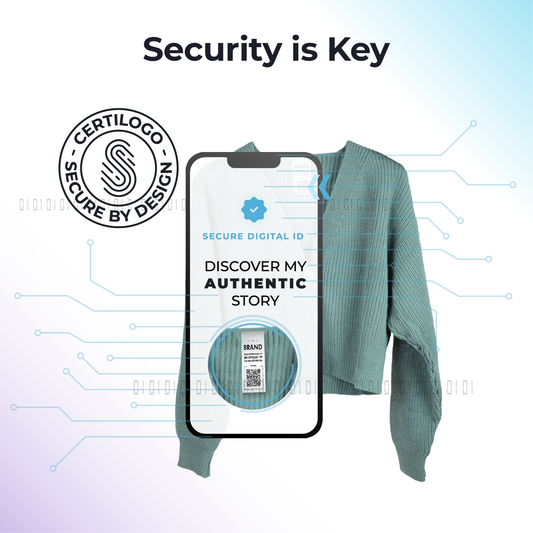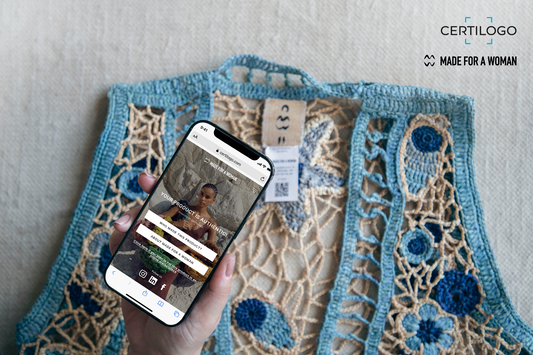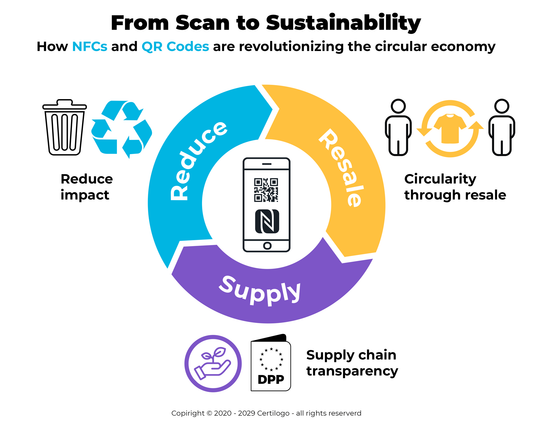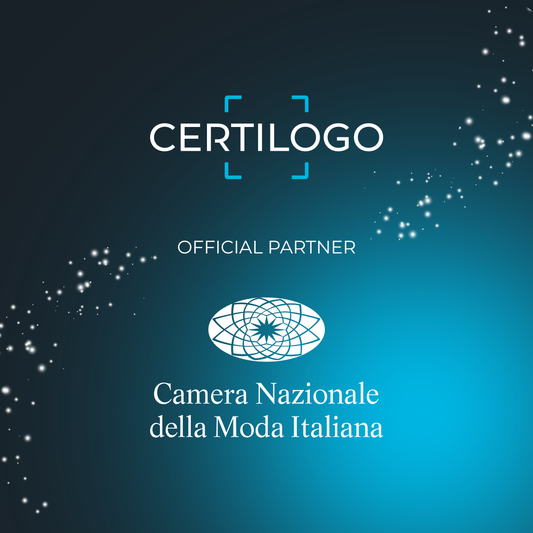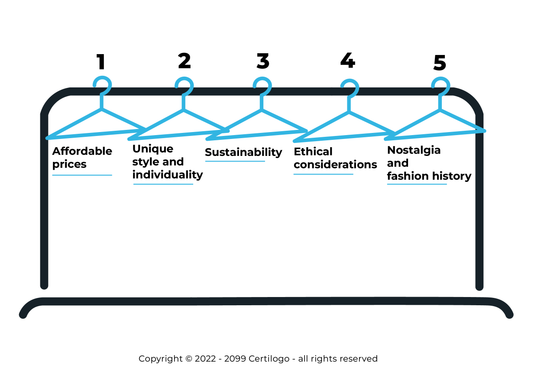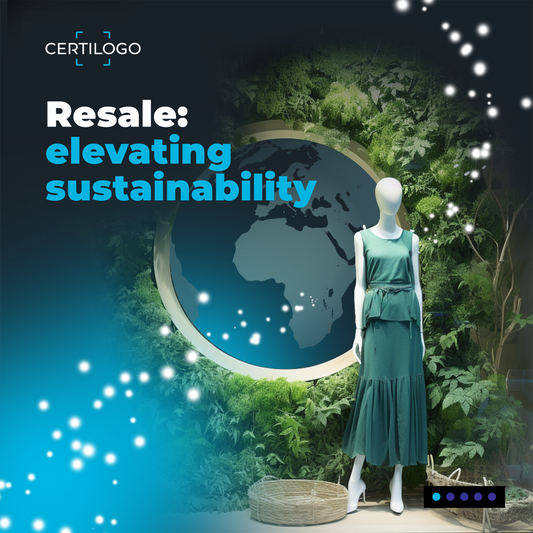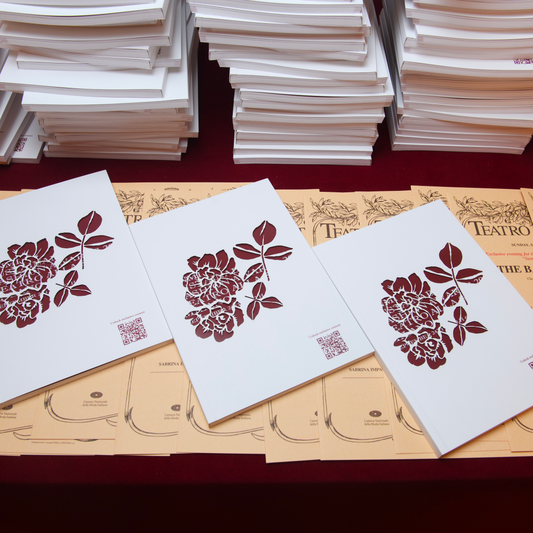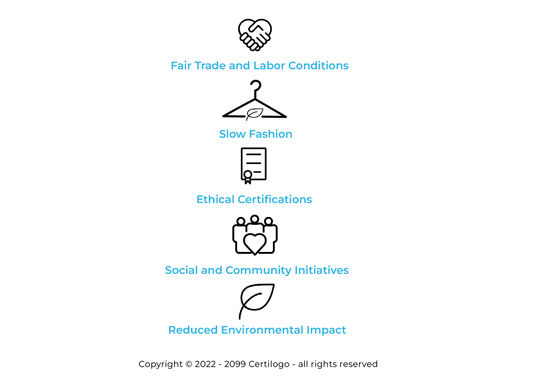Certilogo Shines on Class TV Moda's "Green Revolution"
3 things brands need to know about Digital Product Passports
Certilogo champions responsible fashion with Made For A Woman brand partnership
From scan to sustainability
Certilogo and Camera Nazionale della Moda Italiana announce the renewal of their official partnership
The different types of second-hand shopper
The weight of counterfeit goods in streetwear: safeguarding brands and protecting consumers
5 ways resale elevates sustainability
CERTILOGO is a partner of the CNMI Sustainable Fashion Awards 2023
Interest in ethical clothing is growing, is your brand keeping up?


